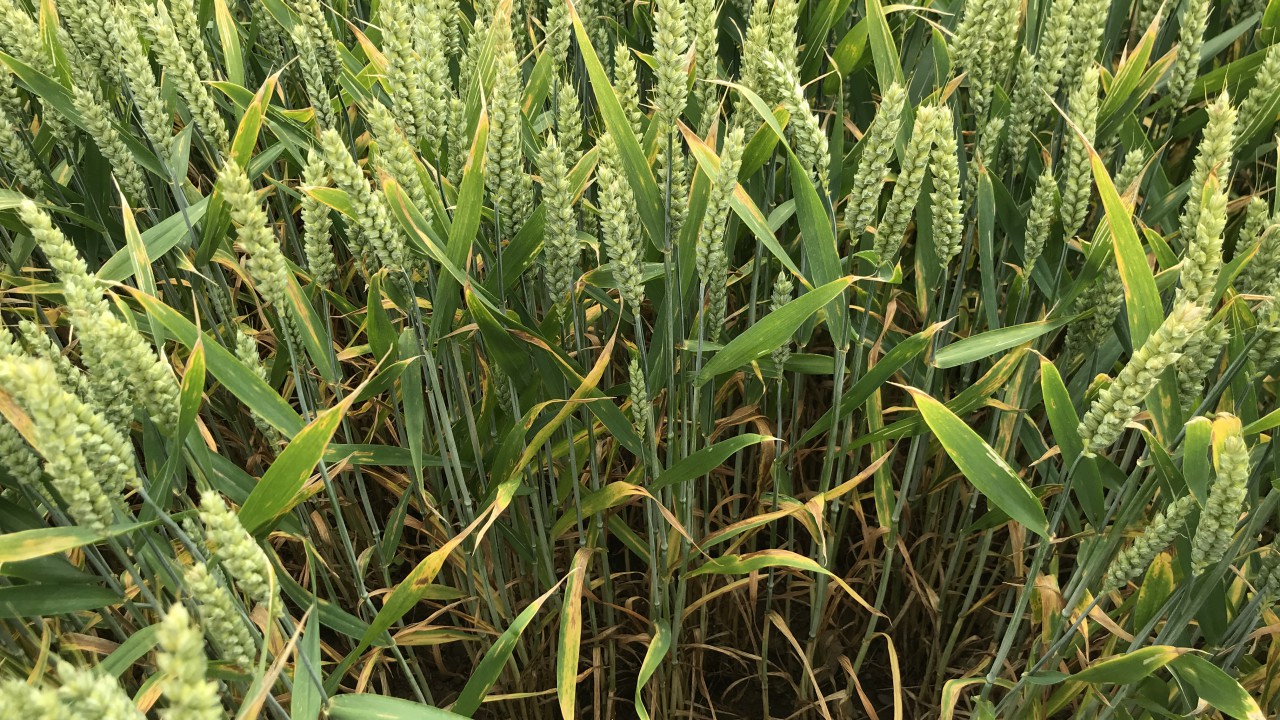The wheat has been edited to reduce levels of the naturally occurring amino acid, asparagine, which is converted to the carcinogenic processing contaminant, acrylamide, when bread is baked or toasted. The ultimate aim of the project is to produce ultra-low asparagine, non-GM (genetically modified) wheat, says project leader Professor Nigel Halford. “Acrylamide has been a very serious problem for food manufacturers since being discovered in food in 2002. It causes cancer in rodents and is considered ‘probably carcinogenic’ for humans, ” said Prof. Halford.
It occurs in bread and increases substantially when the bread is toasted, but is also present in other wheat products and many crop-derived foods that are fried, baked, roasted or toasted, including crisps and other snacks, chips, roast potatoes and coffee.”“We believe that asparagine levels can be reduced substantially in wheat without compromising grain quality. This would benefit consumers by reducing their exposure to acrylamide from their diet, and food businesses by enabling them to comply with regulations on the presence of acrylamide in their products. “That is a long-term goal, however, and this project aims to assess the performance of the wheat plants in the field and measure the concentration of asparagine in the grain produced under field conditions.”

